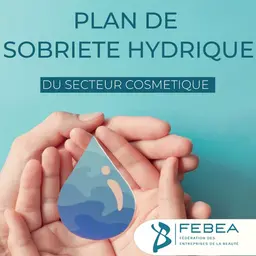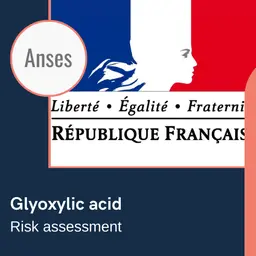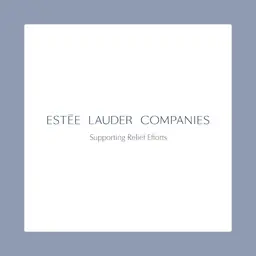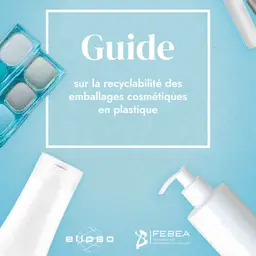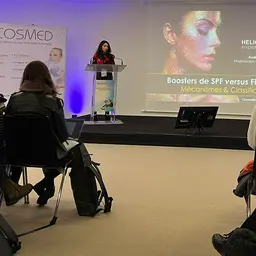
This advertisement from the organic chain recommended not to buy"non-organic or non-ecological" cosmetic products… by explicitly stating that it was to avoid"conventional" products, as opposed to those that"respect the ecosystem". The FEBEA appealed to the ARPP (Autorité de Régulation Professionnelle de la Publicité) for denigrating advertising and its arguments were heard.
The visual was explicit: between the plant extract (imprisoned under a bell) and the pot of cream, industrial installations clearly showing the use of chemistry and its polluting implications. The text of the advertisement indicated that a "up to 15% D5 (a family of silicones) up to 25% parabens and sometimes only 1% active ingredients ".
Complaint by FEBEA
On June 20, 2014, the FEBEA filed a complaint with the ARPP's Jury of Advertising Ethics, on behalf of 4 principles. - The principle of veracity It is false to say that conventional cosmetics can contain up to 25% parabens when the regulations limit them to a maximum of 0.8% in a product. A concentration strictly controlled by the authorities, adds the Federation of Beauty Companies, and respected by almost all products on the market. - The principle of objectivity Biocoop's message highlights the industrial processes used to manufacture conventional cosmetics. But for FEBEA," the industrial process used to manufacture cosmetics, whether organic or not, is the same. Only the ingredients change, which are mostly natural in the former ". And to add:" It is clear that the purpose of such advertising is to discourage consumers from using conventional non-organic or …



